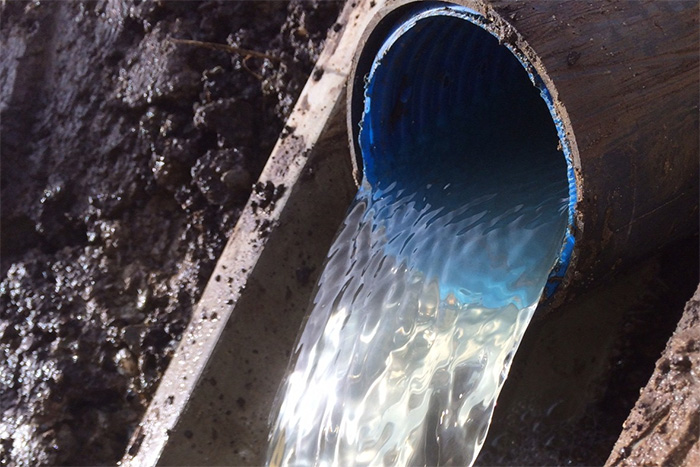
A Norfolk land drainage firm has urged landowners to act now to avoid serious problems for spring cultivations and beyond, after experiencing a 25 per cent increase in water management projects as a result of the prolonged rainfall.
Areas of land which have not got up-to-date drainage systems are tending to experience the biggest problems, such as large pools of in-field standing water.
Tim Sisson, managing director of William Morfoot comments: “Landowners are starting to get concerned about spring cultivations because the ongoing rainfall is preventing machinery from accessing the land. The agricultural calendar is in danger of slipping behind and those with poor drainage infrastructure are having a worse time of it because it could take weeks for surface water to clear.”
The maintenance of any water course is vital if water is to flow efficiently away from areas where it might otherwise be liable to build up and flooding.
Tim continues: “The failure to recognise the importance of watercourses is something that we routinely come across and from an agricultural perspective it is undoubtedly responsible for land underperforming and producing lower yields across vast areas of land.
“Maintaining watercourses and having appropriate land drainage systems in place is vital for maximising yield potential of important agricultural crops.”
The difference to yield is staggering with yield increases being observed in the immediate aftermath of drainage installation. Tim observes: “We’ve had one client commenting just this week that his yield mapping software had shown he had averaged a typical yield of 8t/ha of wheat in the 10 years prior to installing a new comprehensive land drainage system on a 50 acre field. This yield increased to 11.25 t/ha in the 2013 harvest following the installation of a new land drainage system.”
